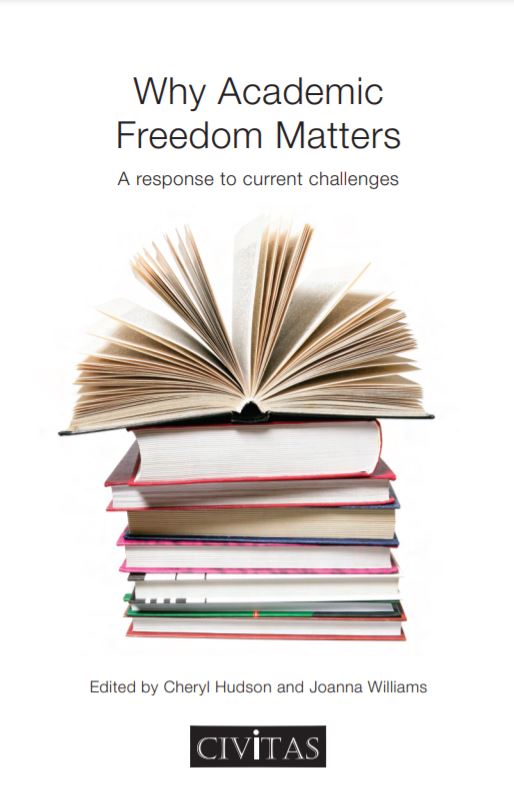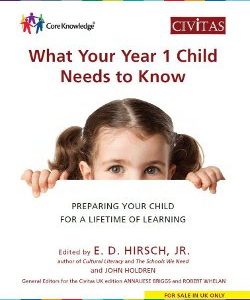Why Academic Freedom Matters
A response to current challenges
Cheryl Hudson and Joanna Williams (Eds.), September 2016
The issues of freedom of speech on campuses and academic freedom have become major talking points. Student politics, once something people left behind upon graduation, is now the daily fare of national, and even international, news coverage. Terms like ‘microaggression’, ‘trigger warning’, and ‘safe space’, virtually unheard of a decade ago, have entered mainstream vocabulary.
Campus bans on everything from tabloid newspapers and fancy dress costumes to comedians and pop songs have been enforced by a vocal minority of censorious students. Those sufficiently foolhardy to attempt to speak at a university may find themselves ‘no platformed’. In the past few months, Germaine Greer, Maryam Namazie and Julie Bindel have become just the most high-profile of those to have found themselves the subject of petitions to stop them speaking.
Censorious students are often looked on askance by an older, if not wiser, generation. Everyone, it seems, has a view as to whether or not the statue of the imperialist Cecil Rhodes must fall from its plinth outside oriel College, Oxford.
Yet despite the seemingly novel nature of current preoccupations, debates over academic freedom have a long history. This book explores why, for centuries, scholars have considered intellectual autonomy essential for the pursuit of truth and the advancement of knowledge.
Contributors to Why Academic Freedom Matters come from a variety of institutions, disciplines and career stages. Together, they consider the key threats to academic freedom today that emanate from national government policies, institutional practices, student-led groups and the desire from scholars themselves not to upset either students or colleagues. Each chapter offers a different perspective on the continued importance of academic freedom within a changing university. The volume as a whole provides a timely discourse on the connection between free enquiry and academia’s historic mission to advance the sum of human knowledge. In making the case for free, open and robust debate, this book points to the many ways in which academic freedom is being eroded and why this still matters for scholars, students and the future of higher education.
Why Academic Freedom Matters includes fourteen contributions.
The full list of contributors:
Joanna Williams (Education Editor of Spiked, Author and Lecturer), Cheryl Hudson (University Teacher in History at the University of Liverpool and author), Philip Cunliffe (Senior Lecturer in International Conflict at the University of Kent), Thomas Docherty (Professor of English and of Comparative Literature at the University of Warwick) Kathryn Ecclestone (Professor of Education at the University of Sheffield), Rania Hafez (Senior Lecturer and Programme Leader for the MA Education at the University of Greenwich), Dennis Hayes (Professor of Education at the University of Derby and the Director of the campaign group Academics For Academic Freedom), James Heartfield (author and historian of the British Empire), Jenny Jarvie (independent news and culture writer), Tara McCormack (Lecturer at the University of Leicester), Alan Ryan (Emeritus Professor of Political Philosophy at Stanford University), Anthony J. Stanonis (Lecturer in modern US history at the Queen’s University Belfast), Jason Walsh (foreign correspondent for The Christian Science Monitor), Jane Weston Vauclair (Paris-based researcher, university teacher and translator)
£9.00





